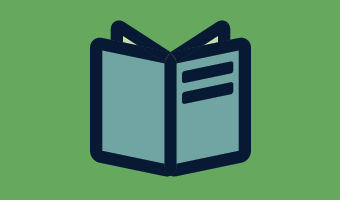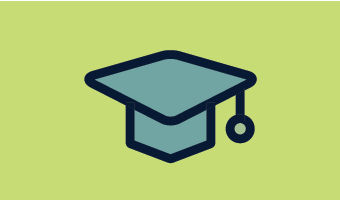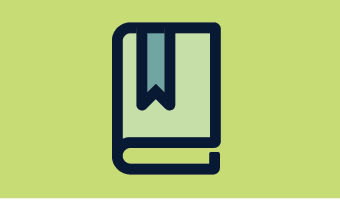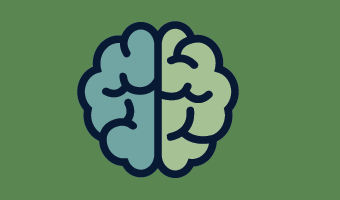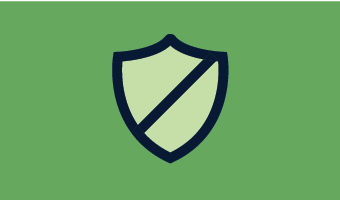Mission
The PDE Office of School Climate and Wellbeing, works collaboratively with Pennsylvania school communities and stakeholders to advance efforts to develop and sustain equitable trauma-informed learning environments that promote and support the academic, physical, and psychological safety and well-being of all students and staff.
Vision
All Pennsylvania school entities will be prepared to provide safe, healthy, and supportive learning environments for all students and staff.
Find helpful information, resources, and tools by clicking on the boxes below.
Contact Us
Office of School Climate and Wellbeing: ra-edsafeschoolsrep@pa.gov | (717) 783-6612
Contacts for specific areas of focus within the Office of School Climate and Wellbeing.




